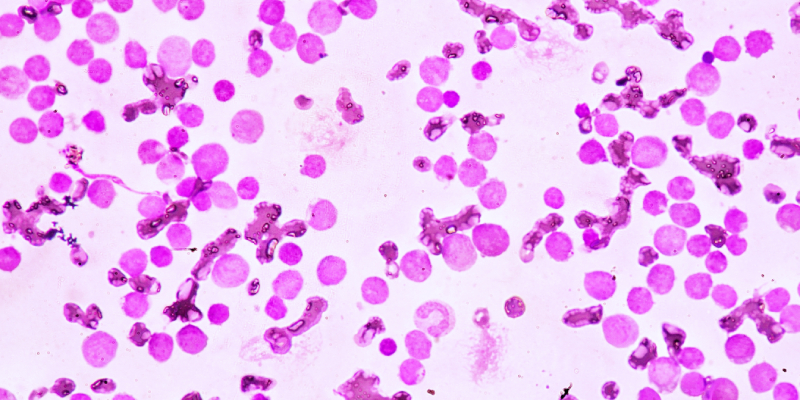Waitman Aumann, MD, MS, Shares Data on SIX1 Knockdown in T-ALL, AML
By Melissa Badamo, Leah Sherwood, Waitman Aumann, MD, MS - Last Updated: April 9, 2024Dr. Aumann, of Emory University School of Medicine, joined Blood Cancers Today to discuss his study, “SIX1 knockdown and small molecule inhibition impair proliferation of T-ALL and AML” presented at the 2024 American Society of Pediatric Hematology/Oncology Conference in Seattle, Washington.
The protein SIX1 has increased expression in T-cell acute lymphoblastic leukemia (T-ALL) and acute myeloid leukemia (AML), which is something that has not yet been described, Dr. Aumann said.
“We’ve been looking at that for the last couple of years, and we’ve been able to show that if we knock down SIX1 using [short hairpin RNA (shRNA)], then the leukemia cells stop growing, which is pretty exciting,” he explained.
The researchers infected lab-grown CALM-AF10 leukemia cells with shRNA, then evaluated whether those cells continued to grow after the SIX1 knockdown. Then, the researchers treated the CALM-AF10 leukemia cells with small molecule inhibitors to the SIX1 and EYA2 axis.
“We found that if we knock down the protein SIX1 in CALM-AF10 as well as some other T-ALL and AML cells, those cells grow more slowly compared to the cells that do not have that knockdown of SIX1,” Dr. Aumann explained. They also found that the cells treated with small molecule inhibitors grew slower than the cells that were not treated with the inhibitors.
“We have been able to identify a new protein that is increased in these leukemias, and we’ve been able to use a small molecule inhibitor against this protein,” Dr. Aumann concluded. “What we’ll hopefully be able to do is make modifications of that small molecule inhibitor to get it to patients into early phase clinical trials.”






 © 2025 Mashup Media, LLC, a Formedics Property. All Rights Reserved.
© 2025 Mashup Media, LLC, a Formedics Property. All Rights Reserved.